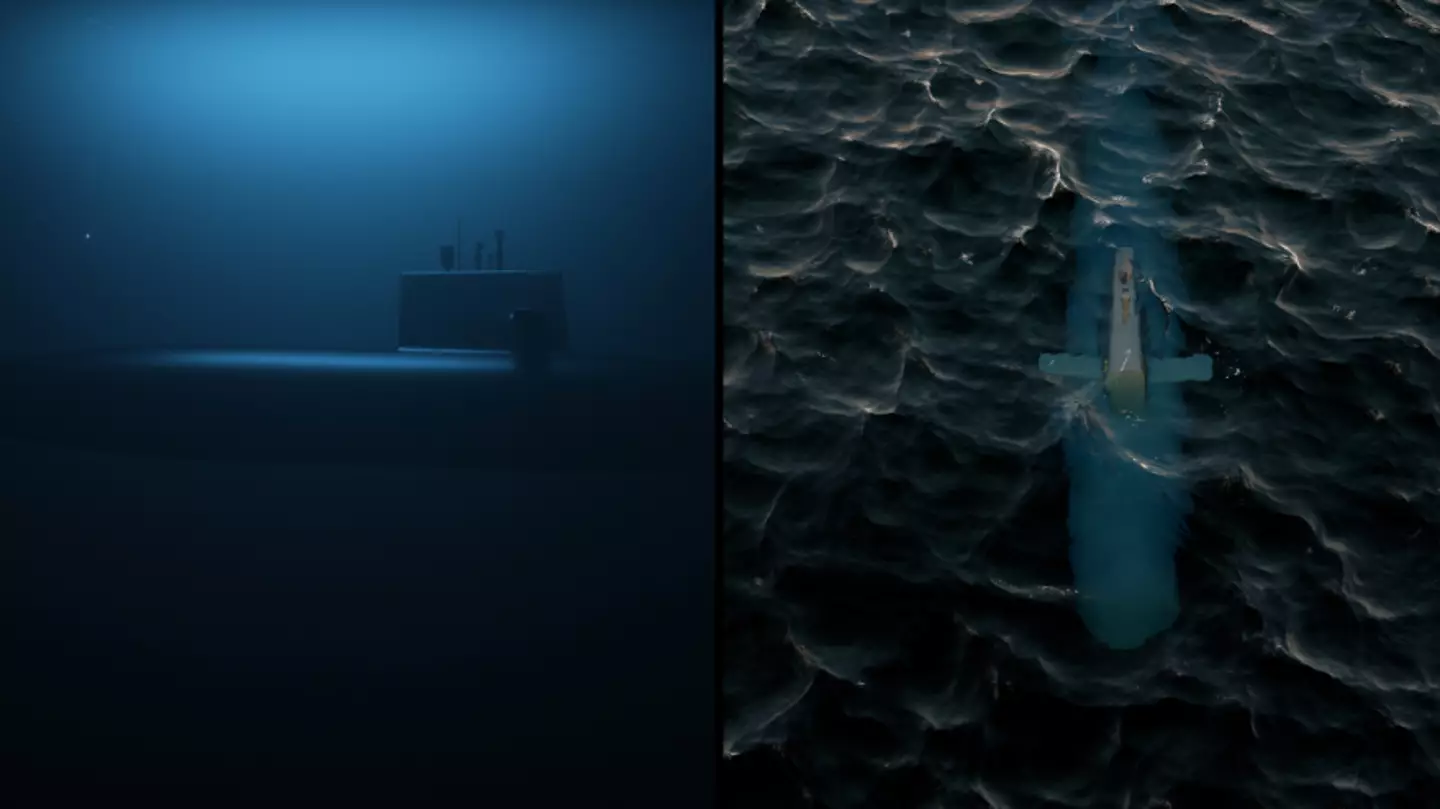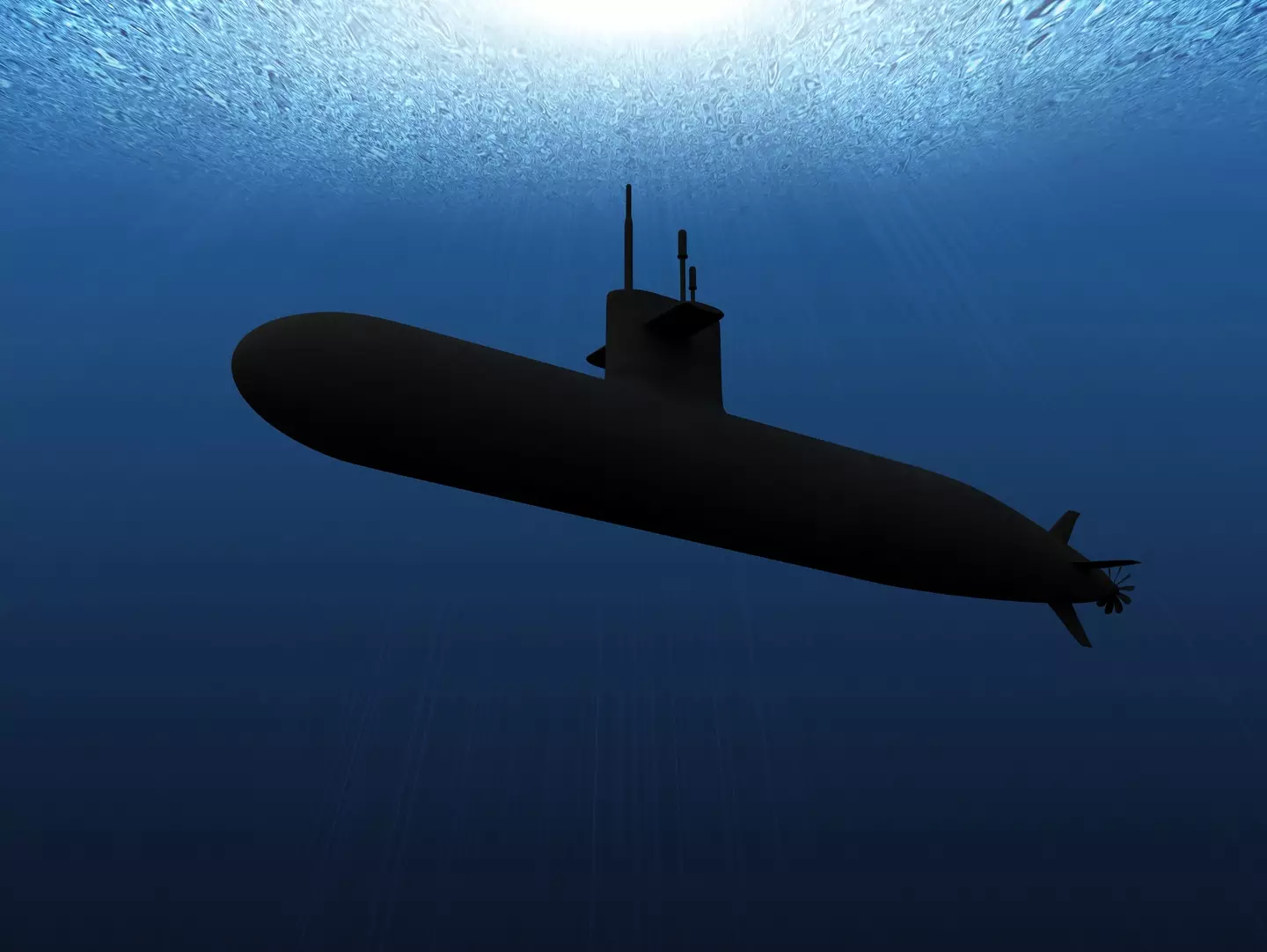
Sonar technology is incredibly fascinating, as it uses sound waves to see in the sometimes pitch black water.
Submarines rely heavily on sonar to navigate through the deep seas, and it is key in sea exploration.

Sonar technology was utilised by search crews when trying to uncover the doomed OceanGate Titan sub, by researchers who found a 30ft-long shape beneath Loch Ness and even back when a team was attempting to track down Amelia Earhart and her aircraft.
Advert
It has been around for a while then, with many thinking sonar, which stands for Sound Navigation and Ranging, is perfectly safe.
But this is not true.
How it works, is active sonar transducers emit acoustic signals or pulses of sound through the sea, with the waves bouncing back off any outstanding objects.
This returns an echo to the system, calculating the strength of it and allowing the crew to understand what it could be.
Advert
The power of sonar ranges from regular boats to naval ships, but the sound of sonar technology being used under water can be very shocking and often scary for divers or unsuspecting people in the ocean.
You can hear the sound of some submarine sonar pings here:
The incredibly eerie noise has shocked divers in the past, with many being visibly scared in YouTube videos as submarine sonar waves are often high-pitched.
Advert
You may also have noticed that it sounds nothing like what you may have heard in the movies, which is a consistent pinging sound.
Here, it can range and vary based on what objects it hits and its pitch will change depending on this.
They are a lot more than a scary sound though, as sonar pulses can disorientate those close enough, or cause dizziness, concentration loss, temporary memory loss and more.
In addition, in more serious cases, sonar can cause organ damage.
Advert
A group of Australian divers experienced this in the latter stages of 2022, as they were caught in the sonar waves of a Chinese vessel.

The country's defence minister, Richard Marles, said the HMAS Toowoomba paused while it was in international waters after its propellers ended up tied up in fishing nets.
The divers were sent out to remedy the problem, but China's PLA-N destroyer (DDG-139) ship was also operating close-by and, despite being warned an operation was underway, it 'approached at a closer range'.
Advert
Marles said: "Soon after, it was detected operating its hull-mounted sonar in a manner that posed a risk to the safety of the Australian divers who were forced to exit the water.
"The divers sustained minor injuries, likely due to being subjected to the sonar pulses from the Chinese destroyer."
So as fascinating as it might be if you hear it while diving in the ocean, you should resurface ASAP.
Featured Image Credit: Getty Stock PhotosTopics: Science, Technology